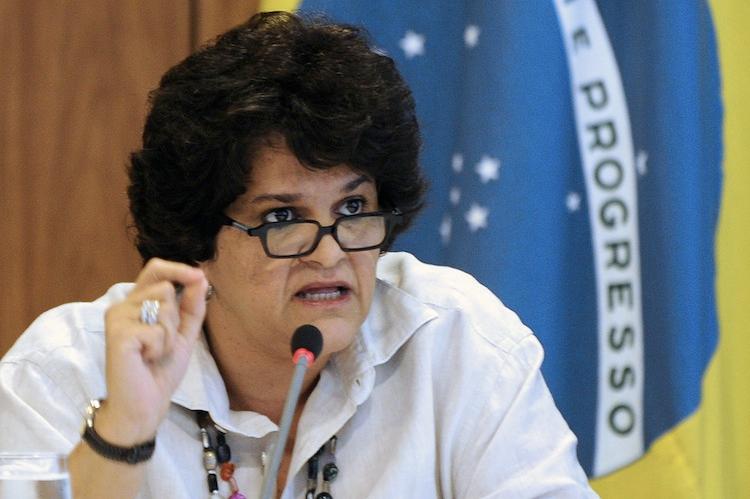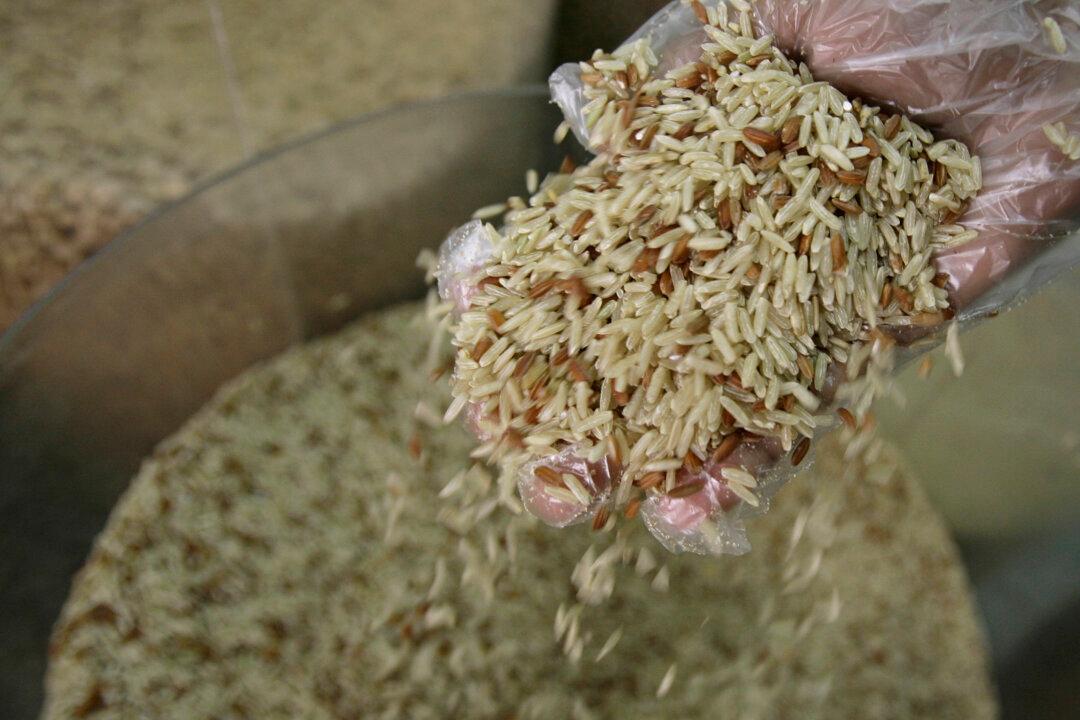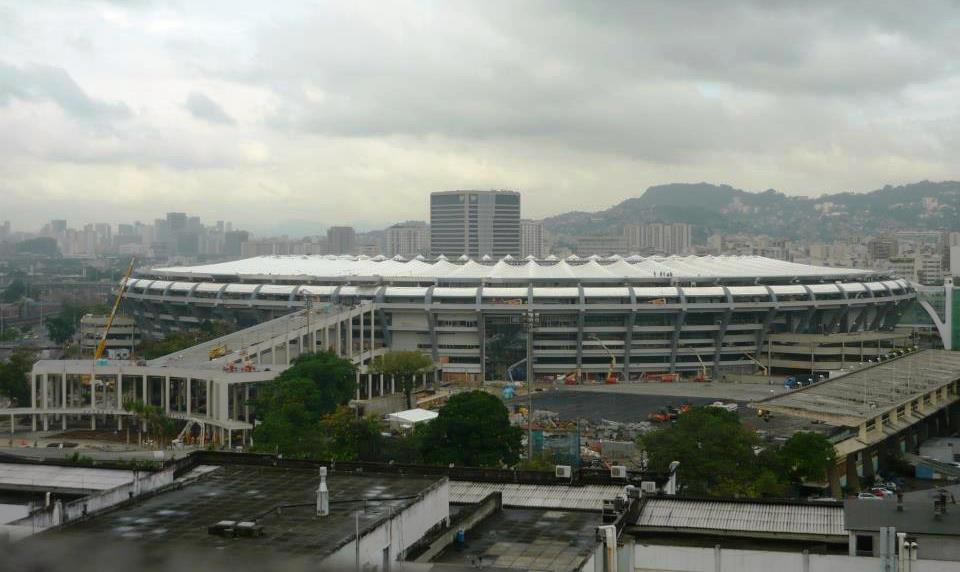Brazil Bolsters Efforts Against Amazon Deforestation
Brazil is stepping up its efforts to halt the illegal deforestation of the Amazon rainforest.

Part of the construction site at the Belo Monte Dam complex in the Amazon basin is seen on June 15. Mario Tama/Getty Images
|Updated:





